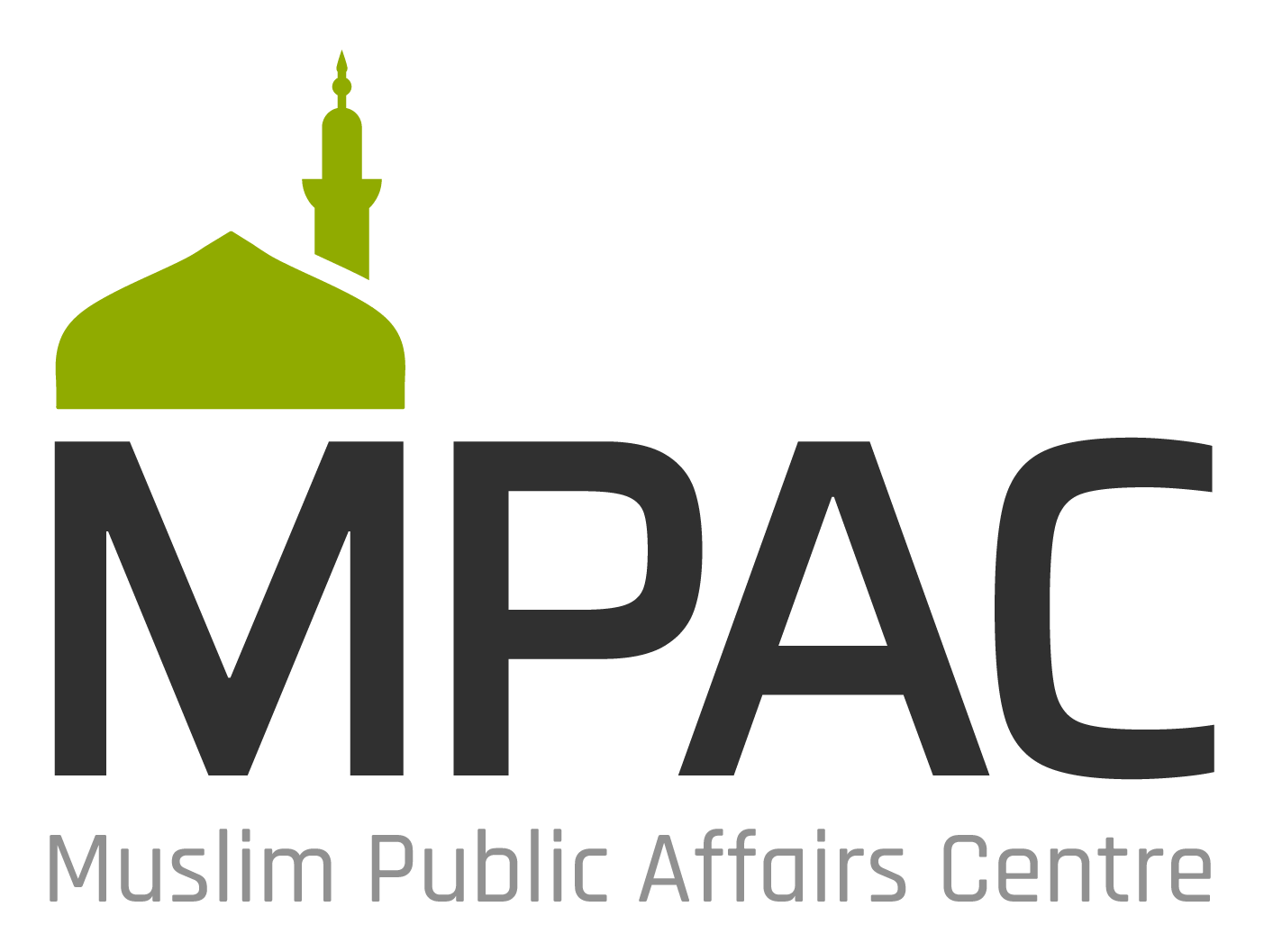As an organization, Muslim Public Affairs Centre (MPAC) chose Interfaith Relations as one of its focus areas, and presently we have developed a number of programmes to nurture harmonious relationship with other (faith) members of the Nigerian society. As a member or leader of a faith community in Nigeria, we look forward to you joining the peace building efforts in the country, and further progress national security, growth and development. MPAC adopts the following principles in creating safe space for interfaith relations:
1st Principle
The primary purpose of dialogue is to learn; that is, to change and grow in the perception and understanding of reality, and then to act accordingly.
2nd Principle
Inter-religious, inter-ideological dialogue must be a two-sided project within each religious or ideological community and between religious or ideological communities.
3rd Principle
Each participant must come to the dialogue with complete honesty and sincerity.
4th Principle
In inter-religious, inter-ideological dialogue we must not compare our ideals with our partner’s practice, but rather our ideals with our partner’s ideals, our practice with our partner’s practice.
5th Principle
Each participant must define himself… Conversely, the interpreted must be able to recognize herself in the interpretation.
6th Principle
Each participant must come to the dialogue with no hard-and-fast assumptions as to where the points of disagreement are.
7th Principle
Dialogue can take place only between equals… Both must come to learn from each other.
8th Principle
Dialogue can take place only on the basis of mutual trust.
9th Principle
Persons entering into inter-religious, inter-ideological dialogue must be at least minimally self-critical of both themselves and their own religious or ideological traditions.
10th Principle
Each participant eventually must attempt to experience the partner’s religion or ideology ‘from within’; for a religion or ideology is not merely something of the head, but also of the spirit, heart, and ‘whole being,’ individual and communal.
